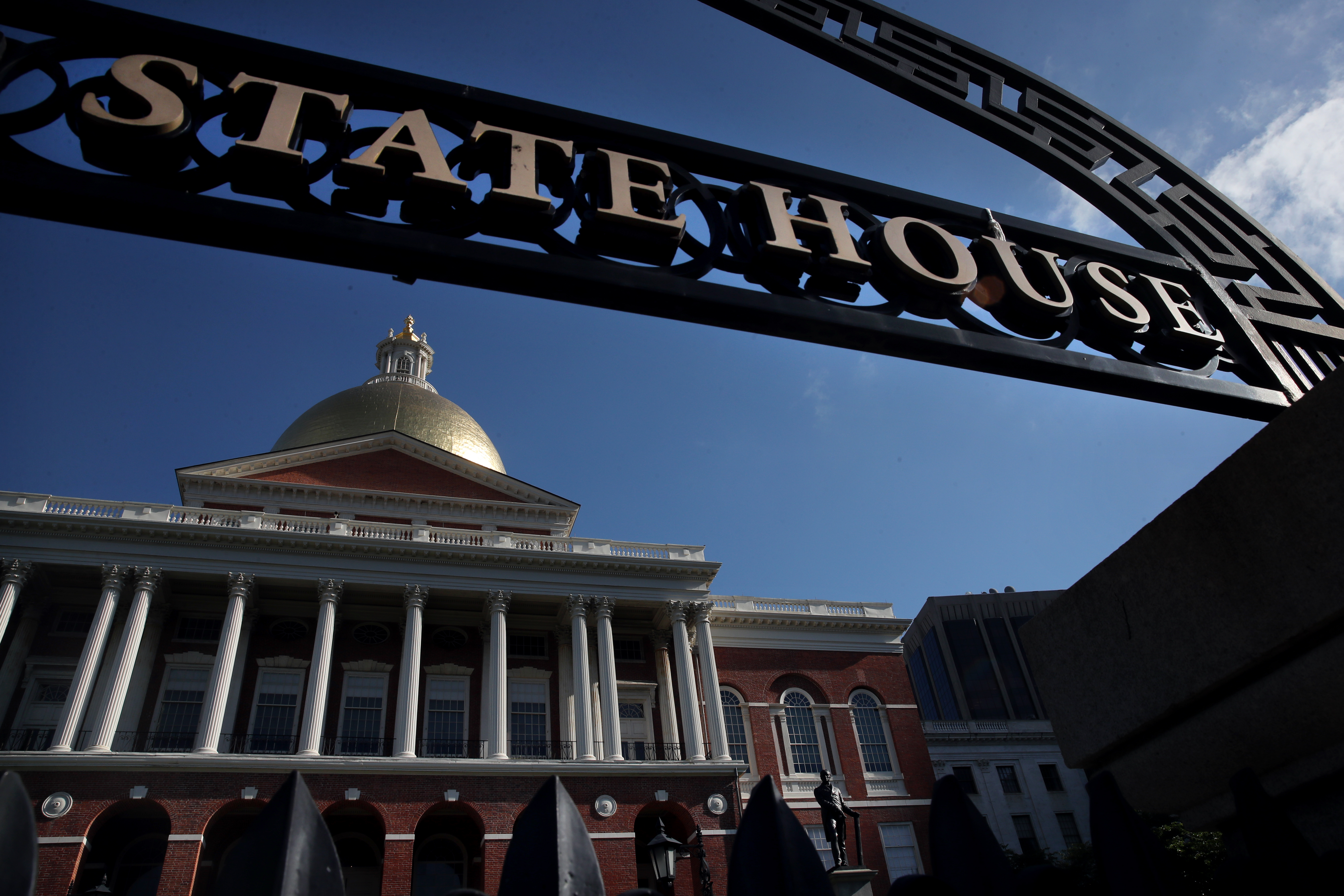
Massachusetts' K-12 education department is encouraging districts to restrict or ban students' cellphone use in schools, possibly moving toward a statewide mandate in the future.
Department of Elementary and Secondary Education Commissioner Jeffrey Riley announced Tuesday that the department will "likely" create a matching grant of up to $1 million for districts that pilot a cellphone restriction policy.
This is "not a mandate at this time," he said, "but we're certainly interested in piloting more of this."
Riley invited teachers, administrators and students from schools that have instituted restrictions or bans to speak before the Board of Elementary and Secondary Education at their monthly meeting on Tuesday.
Some school representatives discussed their policies requiring students to give up their phones at the start of class. Other schools restrict phone use in hallways as well. One school, the Eliot K-8 Innovation School in Boston, requires students to lock up their phones in sealed pouches as they come in. Children can carry the encased phones, but the pouches can only be unlocked by a teacher or when students leave at the end of the day.
"Students get to actually feel that there is a phone in there, they just can't actually open it," said Eliot Executive Director Traci Walker Griffith. "For us it was this opportunity to build more opportunities for social interaction, both instructionally, academically, but the social-emotional needs that we needed from our students with each other."
Students' reliance on their devices has increased since COVID-19 lockdowns caused children to look to screens for social interaction and learning, educators said.
Gwyneth Zeeck, an 8th grade student at Eliot, said when school went back to being in-person she did not know how to make new friends, and spent most of her time with people she already knew or retreating into her phone. Zeeck said since the phone ban was instituted she has started interacting with new people and could focus on "figuring out who I was beyond that screen that had been our lives for a year and a half."



